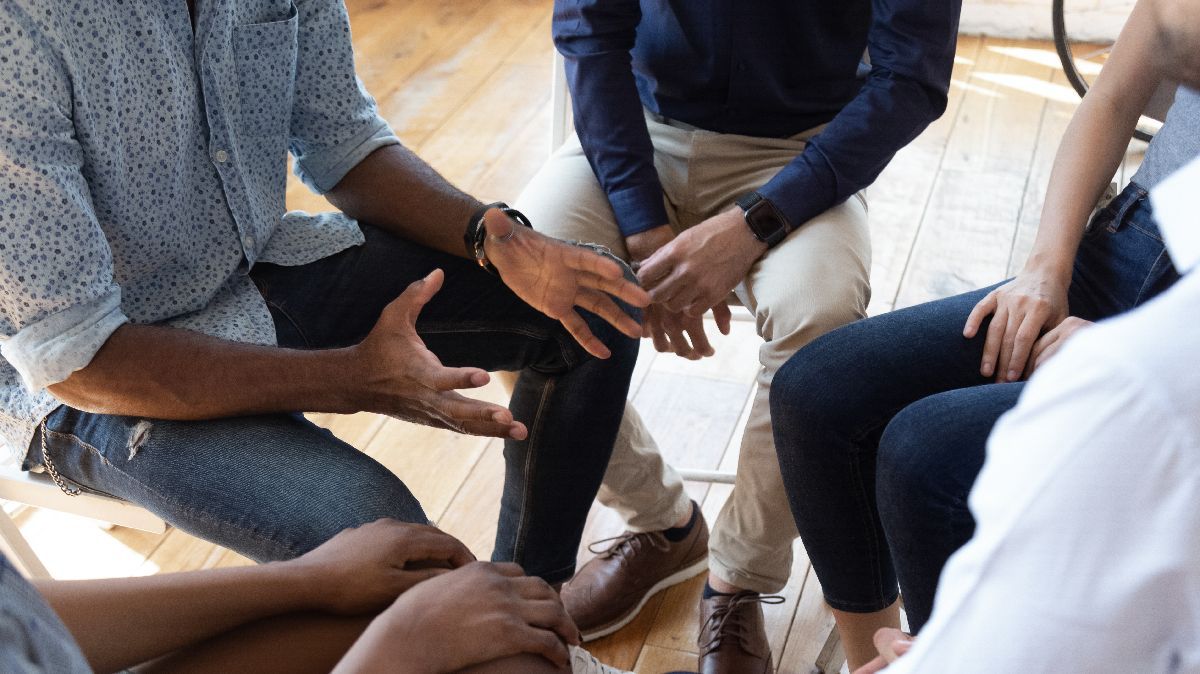Careers in Conflict Resolution

There are many career options in the field of conflict resolution. Here are some frequently asked questions and links to resources to help you get oriented.
How do I know if the field of conflict resolution is right for me?
There are many career pathways in the conflict resolution field, which range from working with families to resolve their disputes to negotiating international disputes. A common feature of conflict resolution careers is helping people solve problems to move beyond disputes that are keeping them stuck and strengthen relationships to withstand future conflicts. A career in conflict resolution might be right for you if:
- people come to you when they have a problem and need advice or want a third party to get involved;
- you enjoy seeing people develop and learn from challenges;
- you enjoy (productively) digging into conflicts, when others might shy away;
- you like to solve complex problems.
If one or more of these descriptions sound like you, a career in conflict resolution may be a good fit!
What kind of training is needed?
The training and preparation needed for a career in conflict resolution varies widely depending on the type of practice you are interested in. Some people launch their careers with a university degree. Academic backgrounds in law, psychology, international relations, public policy, or human resources may be helpful. People also may learn culturally grounded practices like circle keeping that can be used in restorative justice work. Others enter the field by taking specific skills training in conflict resolution or mediation or start by volunteering for a community mediation center and then seek advanced training. Sometimes people already work in careers they enjoy – for example, human resources, education administration, or local government – and decide to take skills training to support their current roles. There are many ways to be trained and get experience. In summary, there is no one best method for entering the field.
What specific careers exist in the field?
Because the field of conflict resolution is so diverse, it can be challenging to determine the best or right career pathway. A great way to start is by talking with people working in conflict resolution in your network or your local area. How did they get started in their training and career? What advice do they have?
Here are some descriptions of jobs people working in conflict resolution may hold:
- Cody works with the courts, with state and city government, and with schools as a restorative justice advocate and circle keeper. Cody was trained by his elders in the Ojibwe community he grew up in and works mostly with youth circles. He also consults nationally with school districts as they build their restorative practices programming.
- Dahlia works as a community engagement specialist for a large state agency. She helps support the community engagement side of large projects and does outreach to find out what diverse communities across the state need from the agency.
- Javen works for a Fortune 500 company in the HR department as a dispute resolution coordinator. He oversees the employee complaint process, conducts mediations, and provides basic conflict resolution skills training to all employees.
- Jaime works as a research associate in a university research center. The center’s goals are to translate data on conflict resolution processes and outcomes into actionable best practices and share those insights with policymakers, academics, and practitioners. Jaime’s work appears in conference presentations, research reports, and in the media.
How do I get started?
Here are number of resources that may be helpful as you consider your own skills development or a career in conflict resolution. Note that there are different standards and rules in different states and areas of practice. It is important to get more information in your local area, depending on the kind of work you plan to do.
- Global Peace Careers: This website has descriptions of some common conflict resolution careers.
- Indeed.com’s “How to Become a Conflict Resolution Specialist”: This description includes the kinds of tasks and skills required to be a conflict resolution specialist and a list of steps to get into the field. (Note that it emphasizes formal training in higher education, which is not always required.)
- Mediate.com's "So You Want to be a Mediator": This article describes how to gather the information and resources needed for a thorough exploration of mediation careers.
- Mediate.com training events: You can find local in-person and national virtual training opportunities on this calendar.
- Community Mediation Minnesota: Find links to community mediation center training opportunities.
- MN State Court Administrator Office website: If you are in Minnesota, it may be helpful to review the Minnesota Judicial Branch’s description of Alternative Dispute Resolution (ADR), their approved basic training list to become a “qualified neutral,” and their FAQ.
- Conflict Resolution Certificate Program (Dispute Resolution Institute, Mitchell Hamline School of Law): This is a stand-alone, 14-credit graduate program that provides training in mediation, arbitration, and designing conflict management systems. Courses can be taken online or on campus.
- Certificate in Environmental Collaboration and Conflict Resolution: The National Center for Environmental Conflict Resolution (Udall Foundation) offers a certificate intended for professionals who would like to broaden their communication, negotiation, and facilitation skills in Environmental Collaboration and Conflict Resolution (ECCR).
- Mediate.com job board: Mediate.com hosts informative articles, podcasts, and a job board with postings for a wide variety of careers.
